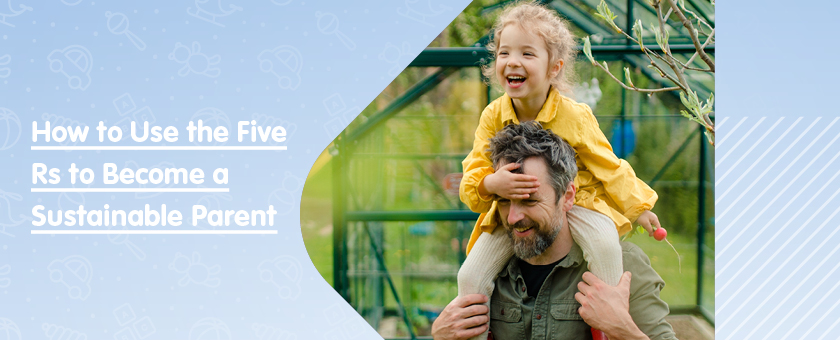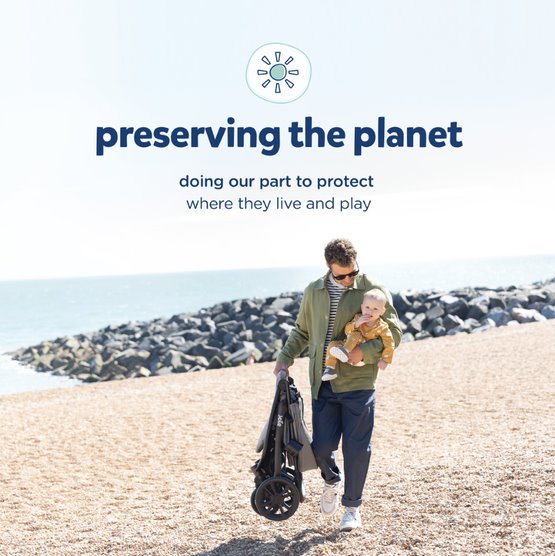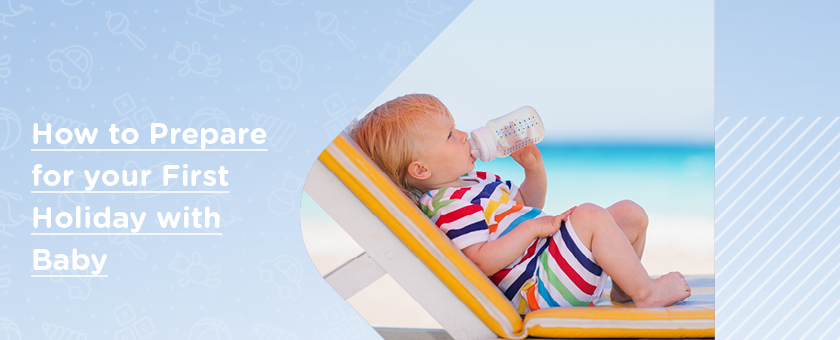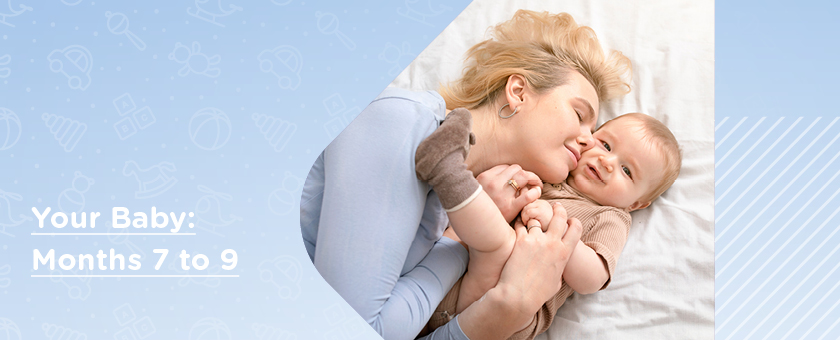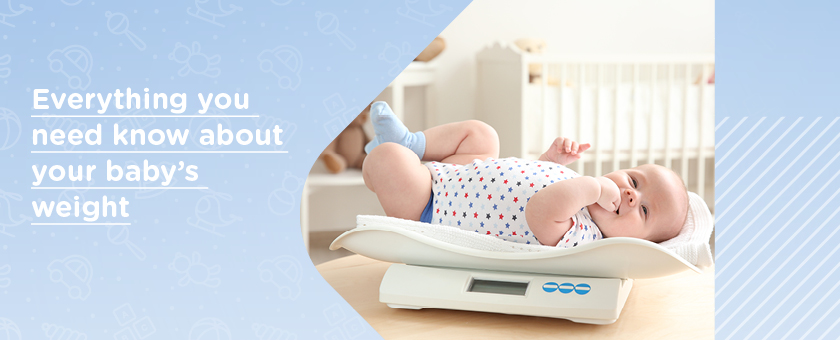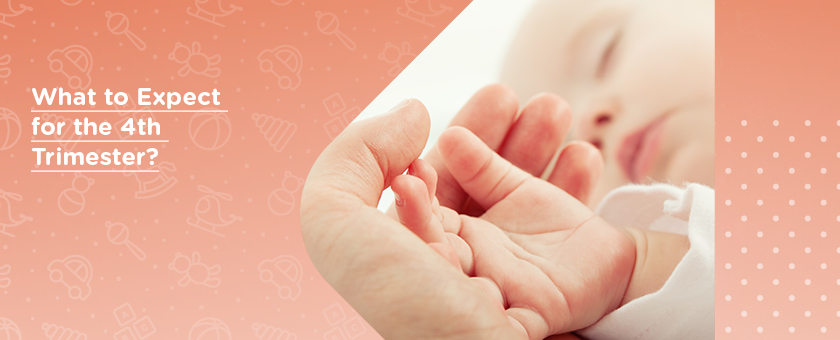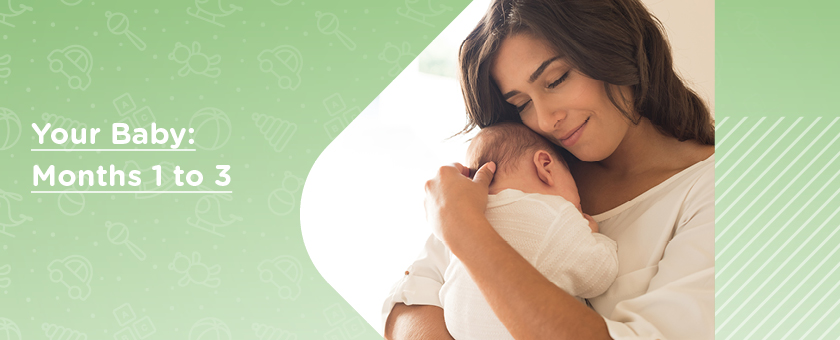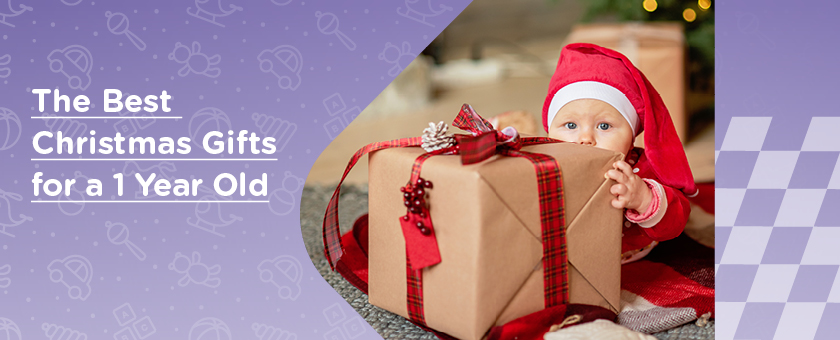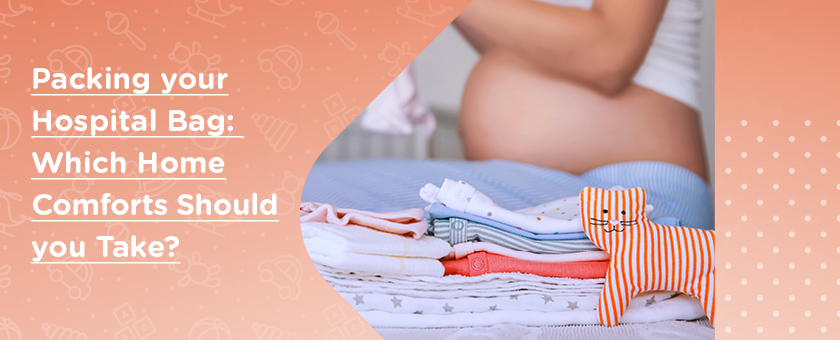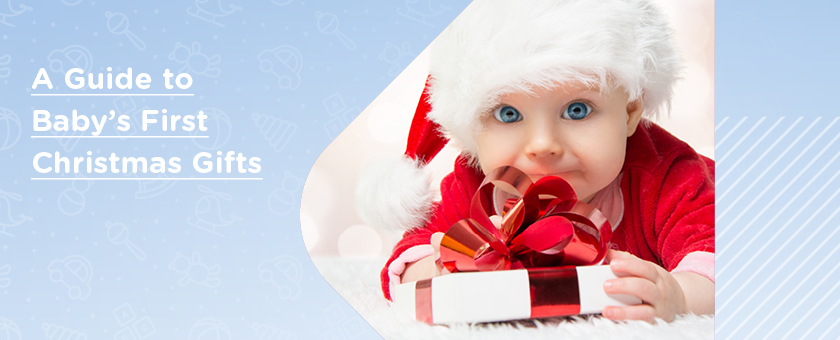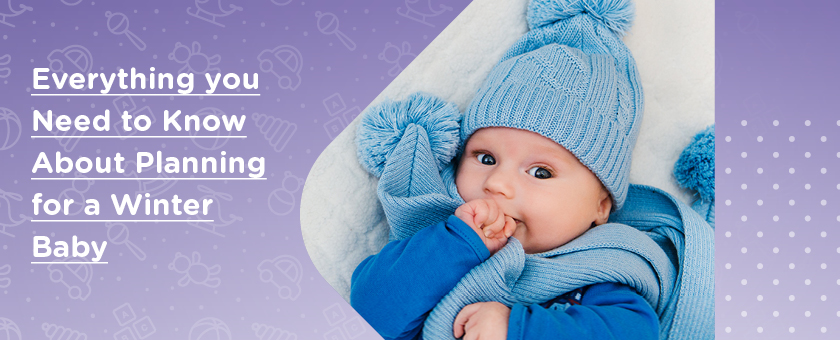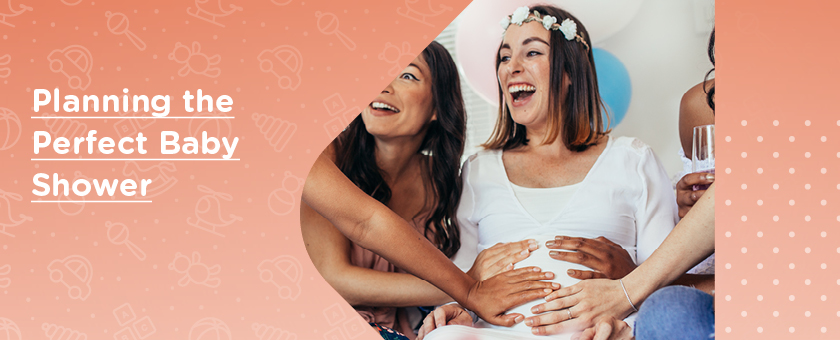If there’s one thing we’re certain of, it’s that little ones need stuff – and a lot of it too! That’s why practicing an eco-friendly lifestyle can seem impossible when you have children. And social media’s high standard of filtered perfection when it comes to sustainable living as a parent is enough to make any person run in the opposite direction. But listen up mums and dads – that’s not what sustainable living is about at all! Your babe’s nursery doesn’t have to be covered in bamboo from head to toe. And you don’t have to swap every single thing in your life and home for something that’s eco-friendly. It’s all about baby steps – and every little helps! It’s up to you to choose how you want your greener life to look like – you can do it in a way that works best for you, your family, your circumstances, and personal values.
Whether you’re a soon-to-be parent, or you’re on a mission to create a brighter future for your little one, our advice on how to use the five R’s will shape you into a sustainable parent in no time.
Understanding the Zero-Waste Movement

The zero-waste movement is all about how we can keep creating the products we all need and love so much without taking away the planet’s resources (or throwing them in the sea when we’ve had enough).
Whilst the zero-waste concept is just one small area of how to live more sustainably, it doesn’t take away from the fact that its purpose is monumental. After all, slow and steady wins the race! Plus, it’s something you can easily incorporate into your life with your mini you – and Kiddies Kingdom can help with how.
Zero-Waste Hierarchy: How to Use the Five Rs
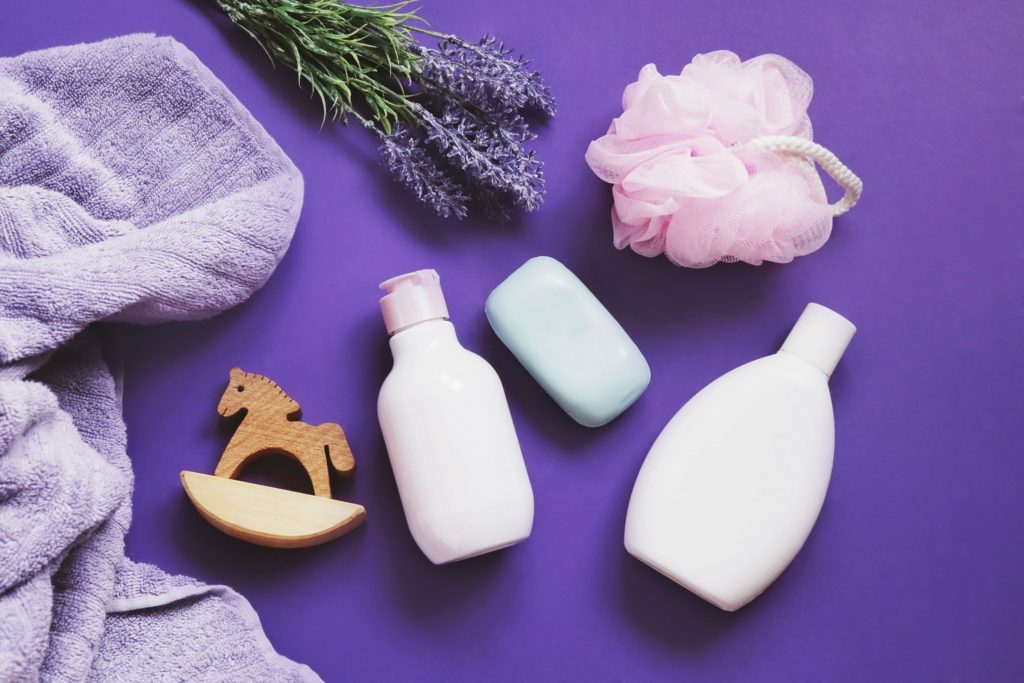
You’ll have seen the notorious zero-waste hierarchy plenty of times before – but now you can use it to sprinkle some green into yours and your little eco warrior’s life. It’s a simple guide that’ll help you understand how to decrease consumption so your once-loved products for your babe don’t end up in a landfill.
So, without further ado – welcome the five Rs:
- Refuse
- Reduce
- Reuse
- Rot (compost)
- Recycle
1. Refuse
Pregnancy gifts
As polite Brits – we like to use the term ‘prevent’ instead of ‘refuse’ because it’s a friendlier way of saying no to the lovely gifts you’ll receive during your pregnancy.
Once you’ve announced the exciting news, it’s likely you’ll be surrounded by lots of eager and happy family members, all desperate to hit the shops and buy the cutest clothes and toys for your baby. Unfortunately, a lot of these presents will either be made of plastic, made using cheap labour (unbeknown to your lovely family and friends of course), or they could just not be of any use to your or your babe.
Thankfully, there are a couple of things you can do to point your family and friends in the right direction:
- If you’re comfortable doing so, why not create a registry so that people can buy a gift that your bambino actually needs. They’re especially handy when it comes to the most exclusive event of the year – your baby shower!
- Drop your friends and family a text, or to make it extra special, a personalised card, explaining your mission to be more eco friendly, before telling them about your greener wishes. This could be anything from the fact that you’d prefer no gifts, or if people want to buy a present, to only buy pre-loved items only.
- Once your cherub’s here, you’ll soon realise having a stack of nappies will be a lifesaver. So, if your loved ones are insisting on spoiling your babe, you could ask them to buy you reusable nappies to help build up your mega stash. Climate action NGO company WRAP revealed that parents in the UK throw away approximately three billion disposable nappies every year, which is about 2% to 3% of all household waste. Reusable is the way forward!
- For those who already have little ones, you’ll know that your house soon looks like a card factory when a new addition to the family arrives. And most cards aren’t recyclable since they have all sorts of decorative features, for example glitter and foil. Maybe now’s the time to let everyone know of your no-card rule! After all, it’s the thought that counts right?
Of course, there’ll be times where you’ll still receive gifts because no one can resist spoiling a little cutie – and a lot of these may not be sustainable. All you can do is accept the gift and thank your friends and family for their kindness. But don’t worry – there’s still a glimmer of green hope! In these situations, you can either use the gift, or donate it to your local baby bank.
Children’s gifts
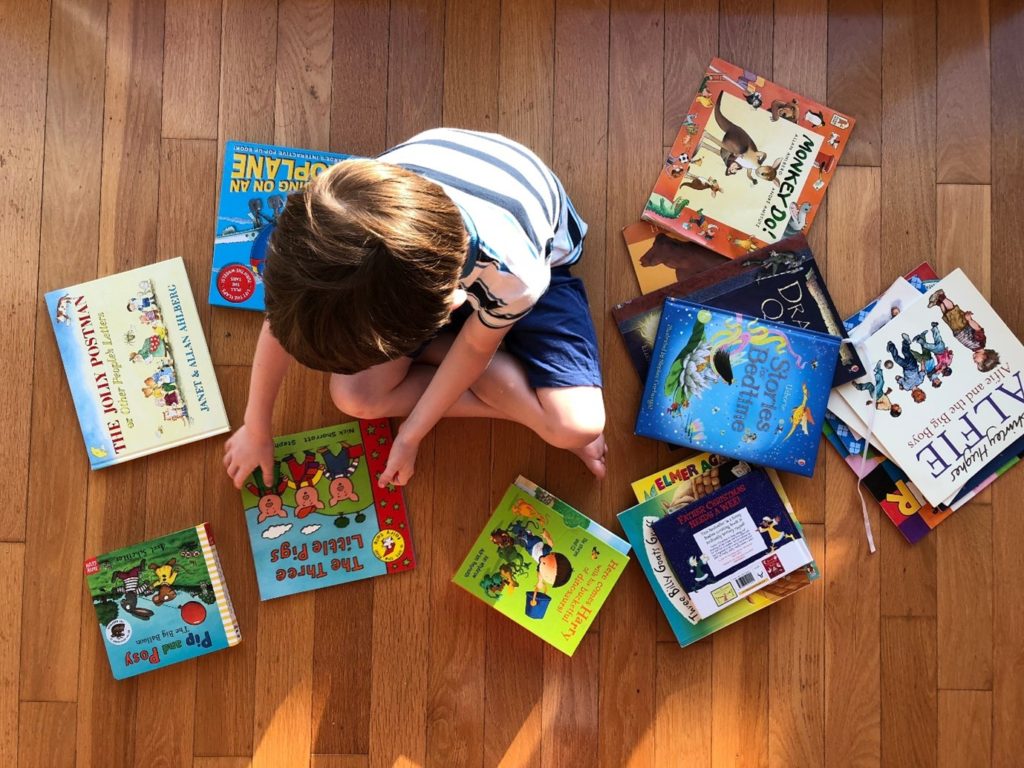
Whilst your not so little one grows up – you’ll realise special occasions like birthdays and Christmas also come with the same gifting problem as when you’re pregnant. Your friends and family want to express their love through buying things for your child and you end up with a mountain of gifts that most likely aren’t so eco friendly. But don’t panic! A little bit of planning goes a long way, and it can help with ‘prevention’ in this area.
Here are a couple of top tips when it comes to celebrating those all-important days, all whilst channeling zero-waste ethics:
- If your friends and family are insisting on buying a gift, why not ask for an experience gift instead? Plus, this way, they can make their own special memories with your child!
- If your little one is a bookworm, welcome second-hand books with open arms at their birthday parties. It’s also a great idea for those people who are stuck on what to get your child for their birthday.
- Ask for contributions towards a bigger present that you’re saving up for. But make sure to have an anonymous money box, so there’s no pressure and people can donate however much they want.
- Make a wishlist and let people choose a gift from it – that way you can be rest assured your cheeky monkey is getting something they actually need!
2. Reduce
Excessive baby products
We’re not saying you should never buy any baby products ever but reducing this and buying the essentials or opting for eco friendly baby products that are kinder to the earth, will go a long way.
For example, toys that aid your little one’s development and offer educational benefits are always a great idea. Wooden puzzles and shape sorters help develop your baby’s problem solving and fine motor skills. As well as this, research also shows that toy musical instruments play a part in your little one smiling more, communicating better and showing a far more developed brain – you may just have a little maestro in the making!
There’s nothing more fun than shopping for the cutest baby clothes – but remember your cherub is constantly going to grow (and very quickly) – sometimes in a matter of days. Instead, buy bigger sizes that your newborn can grow into. This way not only will you be saving money on constantly buying clothes, but you’ll be showing the planet a lot more loving too.
Food waste and packaging
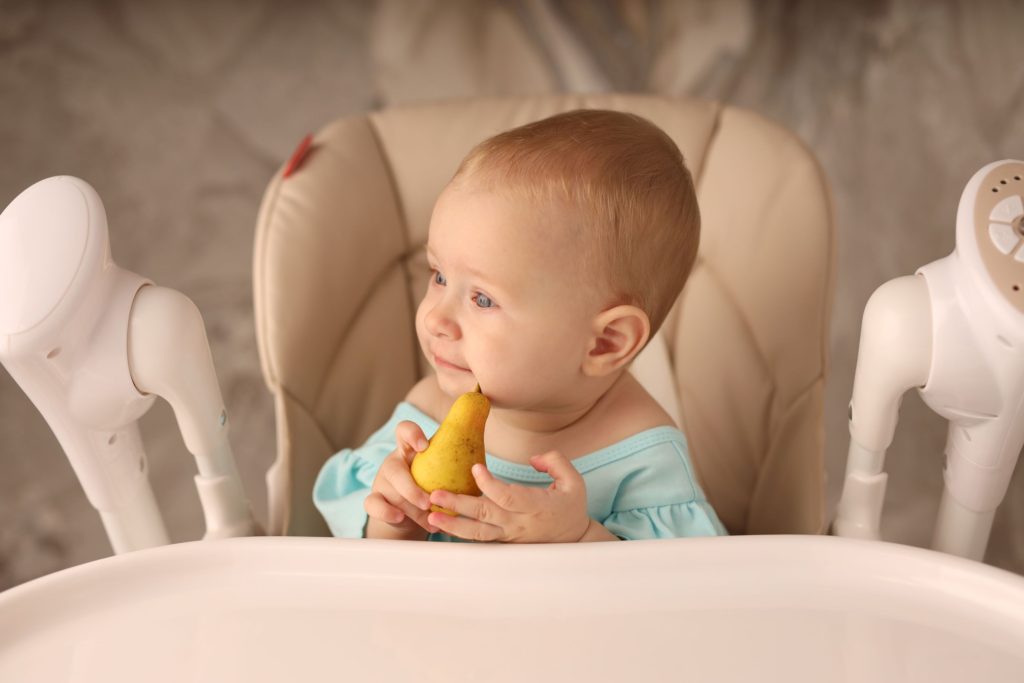
We completely understand why sometimes you’d want to use pouches or jars when it comes to feeding your bub. Being a parent is a 24/7 job and it can be tiring, so don’t beat yourself up about that emergency go-to jar in the cupboard, for those days where you need a helping hand – it’ll never take away your title of being super mum or dad!
Having said that, just keep in mind that when your baby starts exploring solid foods, it’s mostly going to be about discovering textures. And they’ll still be getting most of their energy from milk feeds in their first precious year. It’s no secret that some packaged baby food can be highly processed, and often have a lot more sugar and less micronutrients than a hearty home-cooked meal. So, you could just mash up whatever you’re eating (unless it’s really salty or has honey etc). Or give your tot control and offer them yummy foods they can pick up all by themselves – this is called baby-led weaning, and all it takes is simple finger foods to get their tastebuds tingling, like toastie fingers, cheese sticks or pieces of mango.
If you want to go the extra mile and do your bit for the planet – save on the packaging and transportation of baby food and cook from scratch instead. But if the thought of whipping up a meal after a long, hard day at work is making you sigh, why not batch cook a couple of meals, so that you always have a feast in the freezer that’s ready to go!
And as your not so little one grows up, here are our top tips to nurture the eco-warrior within them:
- Get them involved in baking their own delicious snacks. Not only does it reduce the use of plastic packaging, but it also means you can keep an eye on what ingredients are in the baked goods.
- Don’t throw away the leftovers of the feast you’ve cooked up – save them for another day so you can savour those flavours all over again. Plus, that’s less cooking for mummy and daddy – wahey!
- Make your own ice lollies for those sizzling, summer days – there’ll be less sugar in them and more nutrition. What more could you want?
- Grow your own fruits and veggies with your little greengrocer. And no, you don’t need your own garden – there’s lots of nutritious fruit and veg you can grow from a plant pot in your living room. Strawberries, carrots, peppers, lemons and many more can be grown indoors – need we say more?
3. Reuse
Second-hand shopping and swapping
You don’t have to buy everything second-hand, but where possible, try your best to get some pre-loved goodies. But that’s only if it’s not going to be a safety issue. For example, you should never buy a car seat second-hand.
Over 650,000 babies are born every year in the UK – and that also means a lot of new stuff being manufactured and bought every year.
Before you hit the shops to buy new things for your little one, try the following:
- Borrow off friends and family
- Welcome hand-me-downs with open arms
- Hunt for goodies in charity shops
- Set up toy swaps with your friends and family
- Don’t throw away the clothes your child outgrows, save them for the next addition to the family
- Research baby brands that are striving to do their bit for the planet, like Joie and Maxi Cosi
Choose eco-friendly baby products
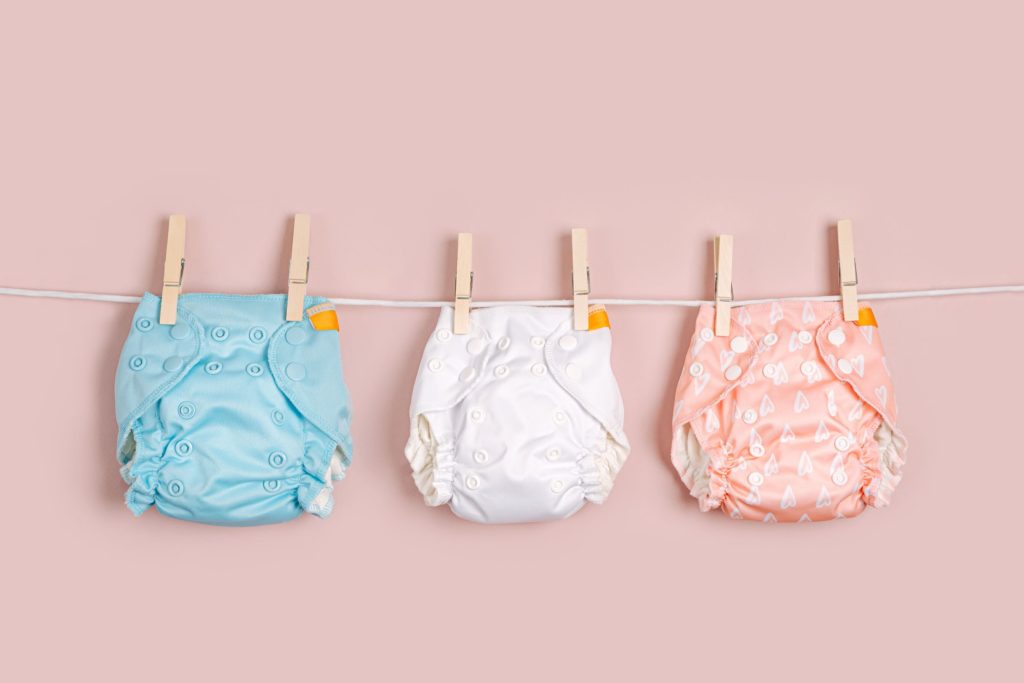
There are lots of eco friendly baby products that can make a huge difference to our precious planet, but that’ll also benefit your bank account in the long run too, and are simple, easy switches. We recommend thinking about the following alternatives:
- Cloth / reusable nappies
- Washable baby wipes
- Reusable water bottles
- Bamboo straws
4. Repurpose
Arts and crafts
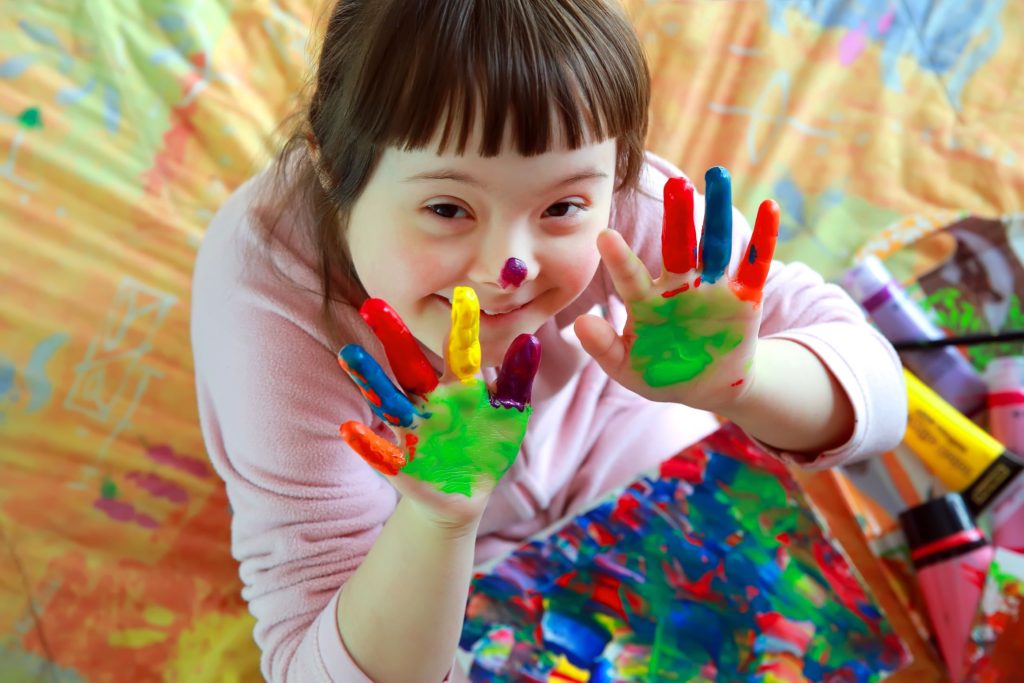
You’ll be surprised at how many materials around your home can be repurposed. Plus, it’s a fantastic way of avoiding more waste being sent to a landfill. You can do this for all sorts of things as well – let’s take arts and crafts as an example. It’s no secret that a lot of children are good at making a mess. But let’s not think of it as mess, and more so an opportunity to be creative!
Make something together (good chance for bonding time too) using an old egg box, cardboard cereal box, or even loo roll tubes – the world is your oyster! Giving your child various bits and bobs from the recycling bin each week will get their creative juices flowing.
If you’ve got some extra time on your hands, as well as some scraps of fabric handy, you can also make your own simple, but eco friendly baby toys. Stackable cloth rings and fabric beach balls are very much doable, even if you’re a beginner in the DIY world. And for those parents who are a little more experienced, push the boat out and make your very own baby swing – trust us, it’ll be adorable.
5. Rot and recycle
Children are like teeny tiny sponges – they absorb information from everything and everyone around them. The best way to curve your environmental impact is by making sure your little one knows why sustainability is important. So, when it comes to composting and recycling, get your children involved as much as possible. Let them put the veggie scraps and peels in the compost bin. Do a litter hunt where you both collect rubbish from your local area – you may even find goodies that will come in handy for those arts and crafts days! Build a worm farm and let your little one have fun creating their own natural fertiliser for the garden (and learn about caring for animals too). Make a solar oven together and melt some squishy marshmallows for movie night! Whatever you do, letting your child get involved will help them understand why it’s important in the first place to be kind to the planet.
Now it’s your turn to take the steps (and baby steps are perfectly ok) to reduce your family’s waste. One small step for mummy and daddy, one giant leap for parenthood!

